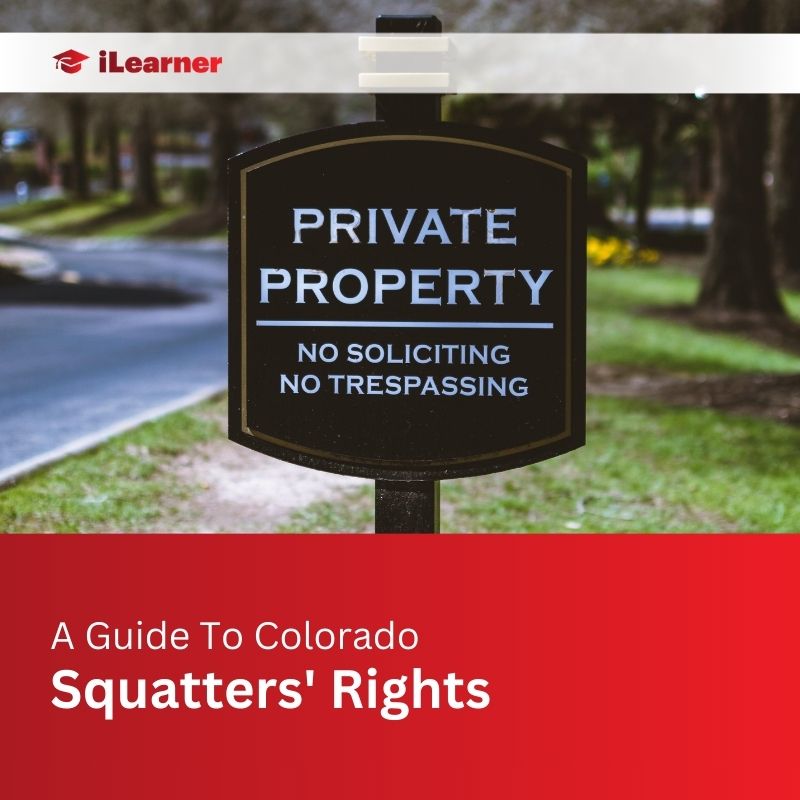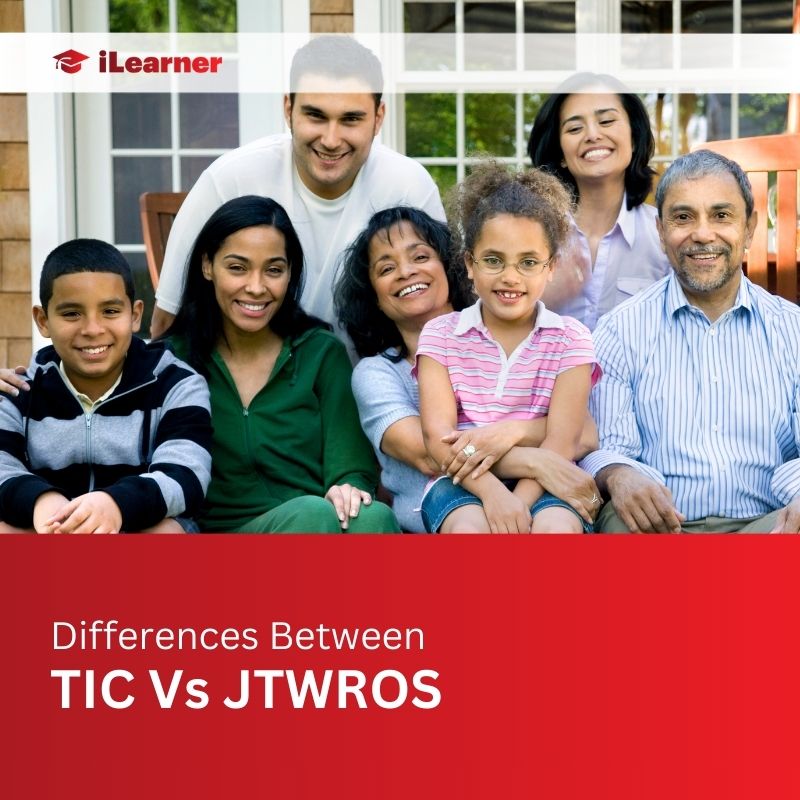Squatters’ rights refer to the legal principles that allow individuals to gain ownership of a property through prolonged and unauthorized occupancy. In the state of Colorado, these rights are governed by specific laws and regulations.
Understanding squatters’ rights is crucial for property owners, landlords, and residents alike. Knowledge of the legal landscape in Colorado ensures proactive measures are taken to protect property interests and navigate any potential challenges posed by squatters.
What is a Squatter?
A squatter is an individual or group occupying a property without legal ownership or permission from the property owner. Characteristics include the absence of a lease or rental agreement, and squatters often move into vacant, abandoned, or neglected properties.
Squatters usually target residential buildings that are unoccupied, abandoned, or foreclosed. Although less common, cases of squatters occupying commercial buildings can also occur.
While residential properties are more commonly affected, commercial properties are not immune to squatting. Property owners, whether residential or commercial, need to be aware of the legal nuances surrounding squatters’ rights.
Squatting vs. Trespassing
Squatting is considered civil in nature and becomes a trespassing issue only if the property owner explicitly declares the squatters unwelcome. Trespassing, a criminal offense, involves knowingly and willfully entering or occupying someone else’s property without consent.
The distinction between squatting and trespassing is subtle. Squatters have the intention of claiming ownership, while trespassers do not harbor such intentions initially.
Colorado’s relaxed laws concerning squatters pose challenges for property owners. Removal processes can be difficult, and squatters may use doctored documents, making it essential for property owners to be vigilant and aware of their rights.
Holdover Residents and Color of Title
Holdover residents are individuals who remain on the property after their lease has expired. The distinction between holdover residents and squatters is crucial, as the eviction process differs for each.
“Color of title” refers to owning a property through irregular means, often lacking one or more required documents. In Colorado, having color of title can impact the continuous occupation time required for adverse possession claims.
Understanding the concept of color of title is essential, as it can significantly reduce the time required for a squatter to file an adverse possession claim.
Adverse Possession in Colorado
Adverse possession is a legal principle allowing someone to claim property rights on land owned by another. In Colorado, specific requirements must be met for a successful adverse possession claim:
- The claim must be hostile, meaning it goes against the owner’s interests. The trespasser may or may not be aware they are trespassing.
- The trespasser must physically possess the property, treating it as their own. Maintenance efforts can serve as proof of actual possession.
- The squatter’s occupation must be open and obvious to everyone, including the property owner.
- The squatter must exclusively occupy the property, without sharing it with others.
- Continuous and uninterrupted residence on the property for 18 years is generally required. This period can be reduced with color of title and payment of property taxes.
- If the squatter has color of title and has been paying property taxes, the continuous occupation period required for adverse possession can be reduced from 18 years to 7 years.
Legal Requirements for Adverse Possession in Colorado
The legal framework for adverse possession in Colorado stipulates a time frame of 18 years for continuous and open residence. However, this period can be significantly reduced to 7 years if the squatter holds color of title and pays property taxes.
A successful adverse possession claim necessitates a hostile claim, indicating that the squatter’s occupancy opposes the owner’s interests. Concrete proof of actual possession, such as maintenance efforts and residency, is crucial for a legitimate claim.
The principle of open and notorious possession requires that the squatter’s occupation is evident and apparent to all, including the property owner. This condition reinforces the legitimacy of the adverse possession claim.
Eviction Process in Colorado
Before the enactment of Bill SB 18-015, removing squatters in Colorado was a challenging and lengthy process. Property owners had to undergo the standard eviction process, akin to removing a regular tenant, which was often stressful and costly.
Bill SB 18-015, enacted in 2018, revolutionized the process of squatter removal. Property owners can now sign a document under penalty of perjury to prompt law enforcement action. This has streamlined the removal process, offering quicker resolution for property owners.
With the new law in effect, property owners in Colorado can expedite the removal of squatters by simply signing a document. This document alerts law enforcement about the unauthorized occupants, leading to prompt action.
While the new law facilitates swift removal, there are instances where the eviction process is still necessary. Property owners need to be aware of the circumstances that warrant traditional eviction procedures.
Protecting Your Property from Squatters
Proactive Measures for Property Owners
Property owners can take proactive measures to safeguard their properties against squatters. Regular property inspections, securing entrances, and posting “No Trespassing” signs are effective preventive steps.
Regular Property Inspections
Frequent property inspections, especially in the case of unoccupied or foreclosed properties, can help identify squatters early on. Timely detection enables property owners to take necessary legal action.
Securing Entrances and Posting Signs
Securing all entrances with robust locks and barriers, along with visibly posting “No Trespassing” signs, acts as a deterrent to potential squatters. Clear communication of property ownership discourages unauthorized occupation.
Utilizing Professional Property Management
Engaging professional property management services familiar with squatters’ rights laws can be advantageous. Property management companies offer expertise in handling potential squatter situations and ensuring legal compliance.
Understanding the Law and Legal Rights
Knowledge of Colorado’s squatters’ rights laws is paramount for property owners. Understanding legal rights and obligations equips owners to navigate potential challenges and protect their properties effectively.
Denver-Specific Considerations
Denver, as a specific region within Colorado, may have unique considerations regarding squatters’ rights. Property owners in Denver should be aware of any specific requirements or laws that distinguish the area from the broader state regulations.
Denver may impose specific requirements or laws for property owners dealing with squatter issues. These could include additional obligations or procedures unique to the city, emphasizing the importance of localized knowledge.
Conclusion
A comprehensive understanding of squatters’ rights in Colorado involves recognizing key points such as adverse possession requirements, legal removal processes, and proactive property protection measures.
Property owners are encouraged to adhere to legal processes, stay informed about relevant laws, and take necessary precautions to avoid legal complications associated with squatters’ rights.
Continued vigilance and staying informed about evolving laws and property conditions are crucial for property owners. Proactive management and awareness can prevent potential squatter-related challenges.
FAQs:
Q1: Can squatters in Colorado claim adverse possession on any property?
Yes, but they must openly occupy a property for 18 years or 7 years with color of title, meeting specific legal requirements.
Q2: What is the difference between civil squatting and criminal trespassing in Colorado?
Civil squatting involves intent to own; criminal trespassing is willful entry. Property owners can pursue legal action against both.
Q3: How has Bill SB 18-015 impacted the eviction process for squatters in Colorado?
The bill enables quicker removal via a signed document by property owners, streamlining the eviction process.
Q4: Can squatters claim adverse possession in Denver with less than 18 years of continuous occupation?
Yes, if they have color of title, reducing the required continuous occupation period to 7 years under specific conditions.
Q5: Is it advisable to handle squatter issues without professional legal advice in Colorado?
No, seeking professional legal advice is recommended to navigate the complexities of squatters’ rights and property laws in Colorado.
Disclaimer
Readers are reminded that the guide serves an informational purpose and does not substitute professional legal advice. Individuals dealing with specific situations are encouraged to seek guidance from experienced legal professionals.
Property owners facing complex legal situations are advised to consult with a qualified attorney for personalized advice tailored to their circumstances. Professional legal advice ensures accurate understanding and appropriate actions.
Also Read:




